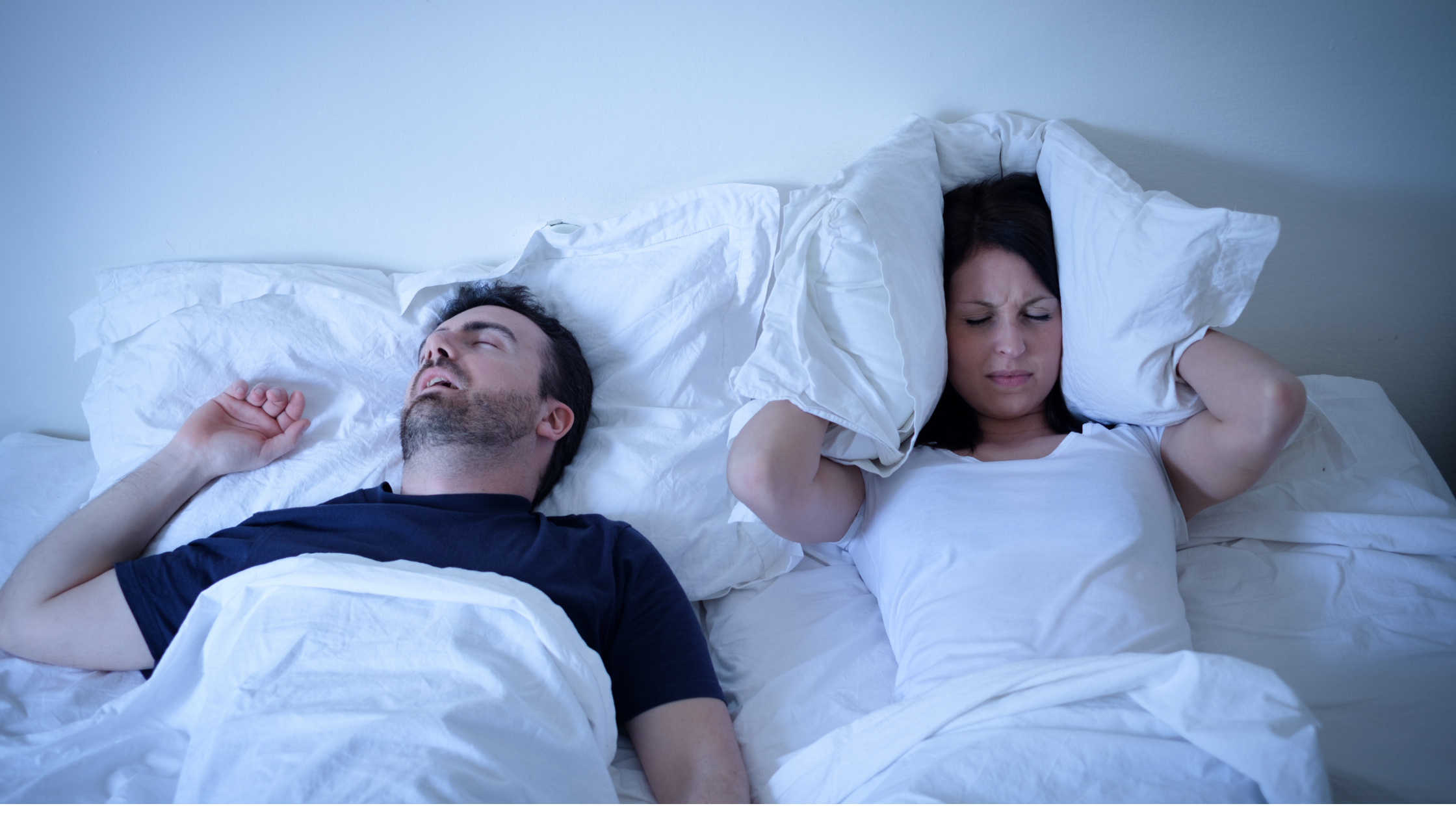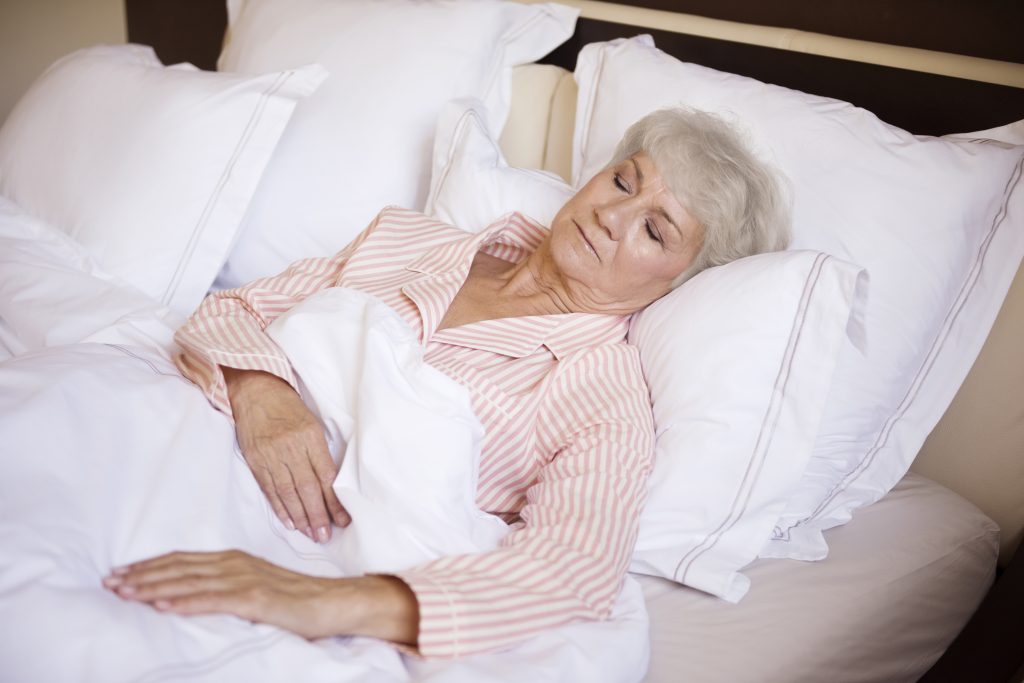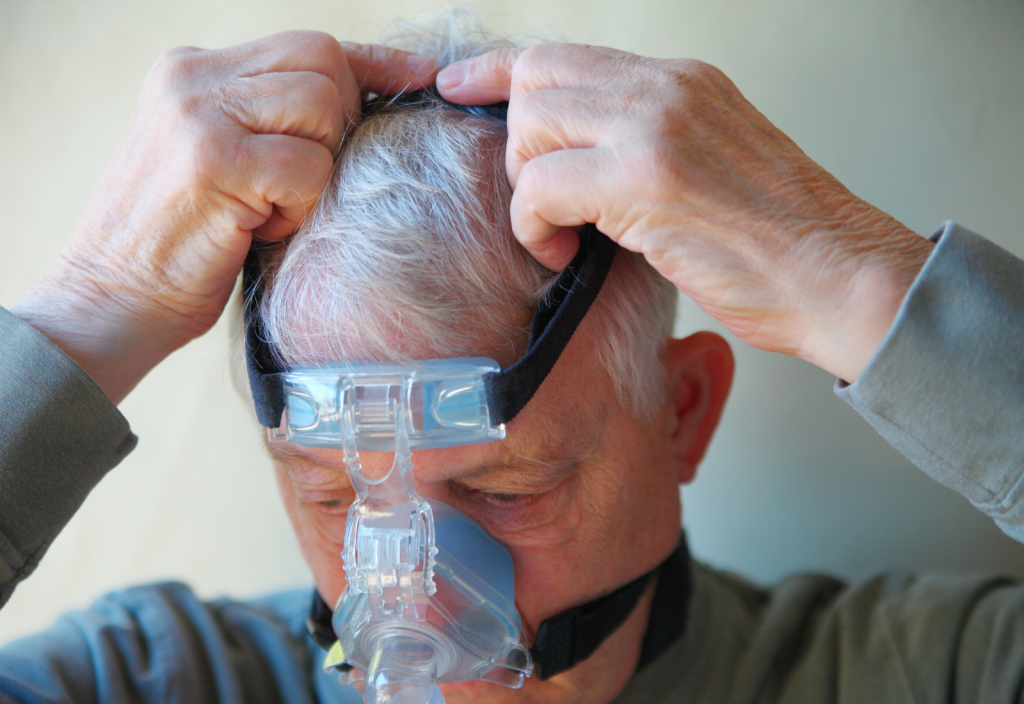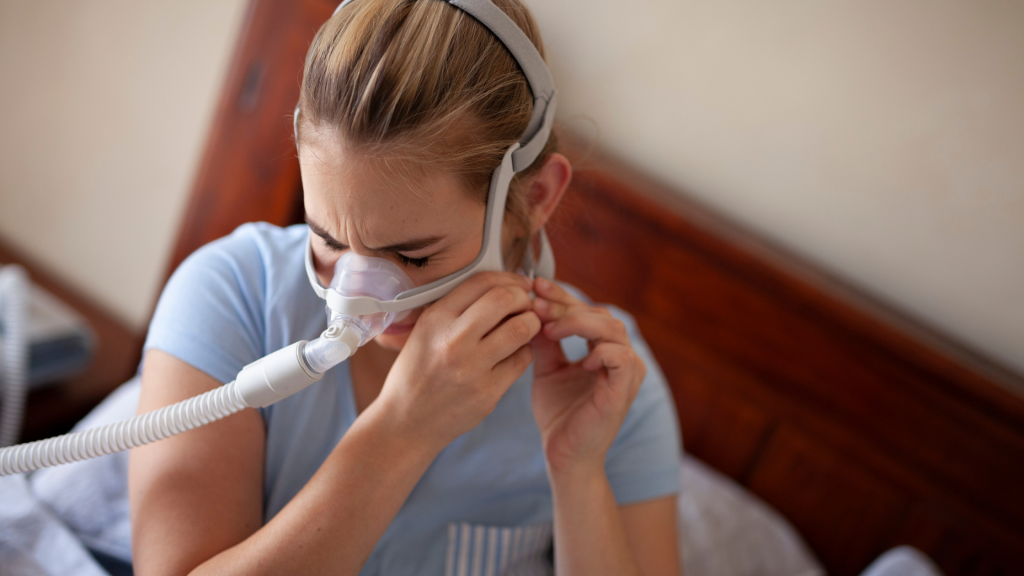Signs of Sleep Apnea. Sleep apnea is a sleep disorder that affects the way we breathe when we sleep. It is common but can be a potentially dangerous disease when not treated. It can happen up to even a hundred times a night without you knowing. This can contribute to type 2 diabetes, stroke, high blood pressure, heart diseases and other conditions.
There are three main types of sleep apnea:
- Obstructive sleep apnea
Also known as OSA and is the most common type of sleep apnea. It occurs when the muscles in your throat relax and block the airway in your sleep. This can stop your breathing.
- Central sleep apnea
Also known as CSA, this type of sleep apnea has to do with the central nervous system. It occurs when the brain forgets to send proper signals to the muscle that controls our breathing.
- Complex sleep apnea syndrome
Also known as treatment-emergent central sleep apnea. This occurs when both the symptoms of obstructive sleep apnea (OSA) and central sleep apnea (CSA) are showing, which makes it even harder to identify.
Sleep apnea can affect almost anyone. It does not have a specific gender, race or age to affect, so it’s important to watch out for the signs and symptoms. Understanding this can help you get the right treatment sooner.
So what are the most common signs of sleep apnea?
- Daytime Sleepiness: Waking up still feeling tired no matter how much sleep you’ve had the night before can be a sign. If you often feel sleepy during the day even if you’re doing something like driving or talking to somebody, then you should consider getting checked.
- Loud Snoring: Your sleeping partner can complain about your loud snoring while you sleep.
- Gasping And Choking: Even if you sleep alone, there is still a way to check. One common sign is when you feel out of breath or when you suddenly wake up gasping for air.
- Not Feeling Well In The Morning: Sleep should make you feel rested. If you experience any headaches, sore throat, dry mouth in the morning then you should visit your doctor.
- Cognitive Impairment – Sometimes, having sleep apnea makes you forget things easily. It can also make you feel easily irritated and makes it harder to concentrate.
- Difficulty Sleeping: Waking up a few times in the middle of the night or feeling restless can be a presenting symptom. This is much more common in women.
- Mood Changes: Being easily irritated, having memory loss, anxiety, depression and loss of interest in sex can also be a sign.
Who’s more at risk?
Even if it affects anyone. Some people are still more at risk than the others. Here are the risk factors:
- Being a man
- Being overweight
- Having a narrow airway
- Drinking alcohol
- Having nasal problems
- Having a family history
If you think you’re one of the most at risk and if you experience any of the symptoms then you should consult a medical professional immediately. It’s important to talk to your doctor about these symptoms so they can give you some advice on your specific situation.
They might recommend you to a sleep specialist so they can perform a sleep study or polysomnogram to help diagnose if you have sleep apnea.









